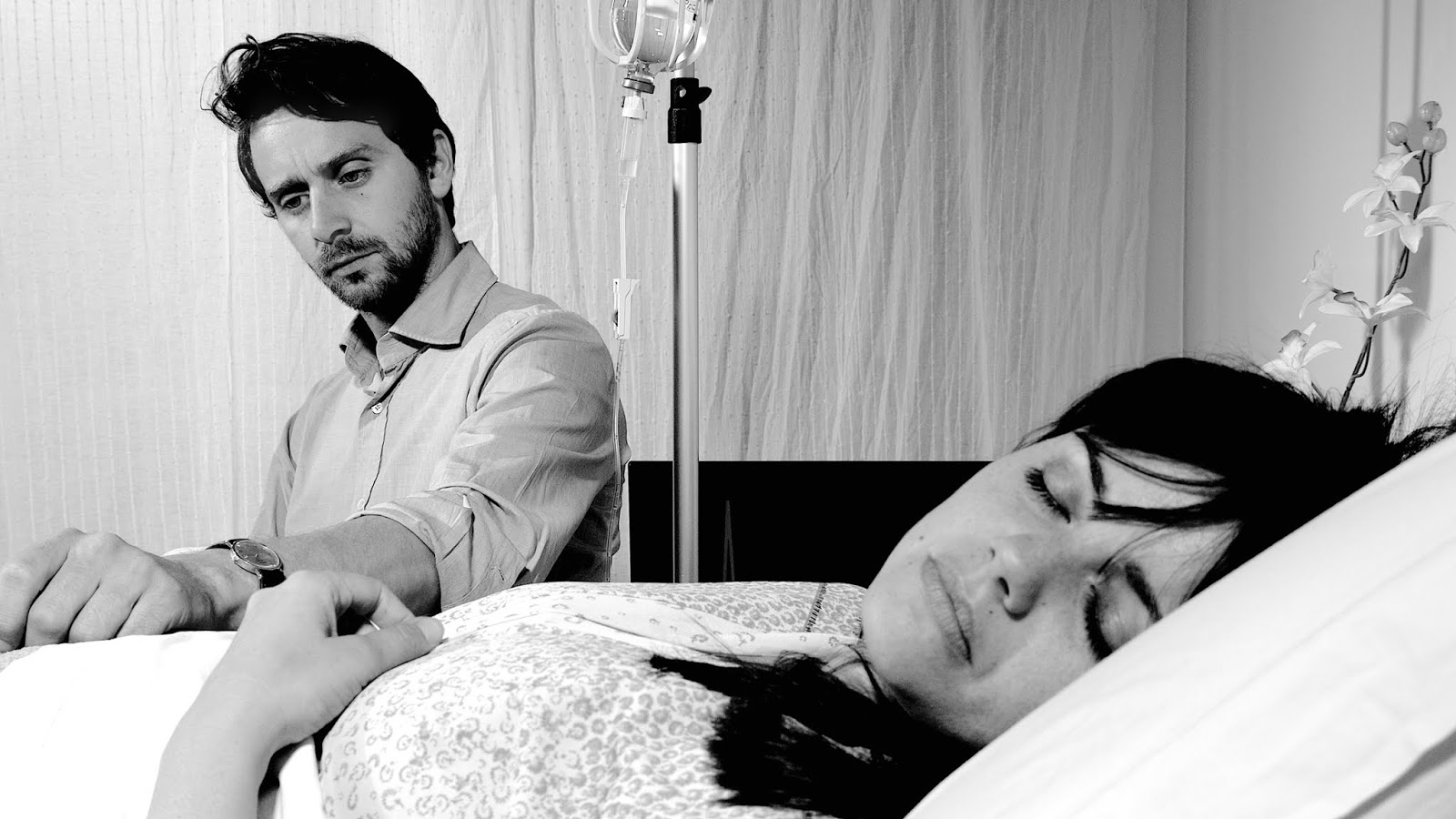When someone tries to end their life, but it doesn’t work and they end up in the hospital, one thing they often say is “I’m sorry.” But is that really necessary? What are they apologizing for? Having a mind distorted by mental illness? Being a screw-up?
If we consider a suicide survivor and a person who had a heart attack, I don’t think there’s any more reason for the first person to apologize than there is for the second. A heart attack survivor might want to apologize for worrying family or inconveniencing co-workers, but such an apology would be brushed away as unnecessary because we believe we can’t blame someone for their heart attack.
Believe it or not (and most won’t), but someone whose mental illness symptoms led them to try to kill him/herself is just as blameless for their actions. Mental illness is an illness of the mind. It robs you of reason, clear perception and attachment to reality. I want so much for people to understand this that I’m going put that in a pull quote:
Mental illness is an illness of the mind. It robs you of reason, clear perception and attachment to reality.
When I stare at a handful of pills and wonder how many it would take to stop my heart permanently, the state of my mind determines if I pour them back into the bottle or start swallowing. If enough of my mind is free from the delusional thinking that characterizes mental illness, I put them back. But if my mind were 100% caught up in the mental illness symptom of wanting to die, I’d start swallowing.
If I woke up in the hospital, I’d probably feel overwhelming amounts of shame, humiliation and self-loathing. Those feelings would probably lead me to say “I’m sorry” to friends and family and I might say it over and over again, but I wouldn’t just be apologizing for their worry and inconvenience. I’d be apologizing for existing, for being a loser, for not being a totally different person, and for having been born at all.
The general beliefs about suicide add to the shame load of people who try it. In fact, our beliefs that suicide is the coward’s way out and that it’s selfish infuriate me.
Suicide is cowardly: this belief rests on the premise that people thoughtfully weigh suicide as a choice against other options. This belief imagines a process like this: “I’ll never be able to live down the humiliation of XYZ. Or could it get better? No, I can’t do it. I’ll have to never leave my house again. Or I could move away and start my life over. Or I could hang myself with this curtain cord here. Let’s see….which option seems best?”
Suicide is selfish: this belief similarly contains the idea that people reasonably consider the impact of their act on others, but choose themselves, maybe like this: “I can’t take the pain anymore. I can’t go on like this. But wait: how would my children live without their father?And my wife would be heartbroken. Not to mention all my friends. This would really, really hurt a lot of people. But I’m tired of living and I don’t feel like it anymore, so fuck ’em.”
No one with suicidal ideation thinks in these ways! We aren’t rationally weighing pros and cons. We don’t stop caring about people we’ve always cared deeply about. Let’s review: mental illness robs you of reason, clear perception and attachment to reality. To reach the point of killing ourselves, our brain chemistry is so screwed up that we can’t rationally consider anything. Even the idea that a baby will have to grow up without her mom can be cancelled out by the idea that the husband will find another wife and the baby will get a better mom.
There is nothing rational about suicide, so let’s stop criticizing it as if we’re evaluating someone who chose to quit their job. It’s actually the height of irrationality for people to respond to a suicide with, “She killed herself? That’s insane! How could she leave her children behind like that?” Can you see the hypocrisy there? People acknowledge that suicide is a crazy, insane thing to do, but also expect the person to have rationally weighed the effect of her death on others.
No suicide survivor owes anyone an apology. They have an illness that they are no more responsible for than someone who has had a stroke. An apology would actually be much more appropriate coming from the family, co-workers or friends who contributed to the survivor’s breakdown, but I guess that doesn’t happen.

Classikal, thanks for your commendation. I feel like I could spend the rest of my life trying to educatie people about mental illness (and maybe I will) and still just be adding a drop to the bucket.
I commend you for your on-going efforts to educate people about various aspects of mental illness. The world needs "translators" who can explain.